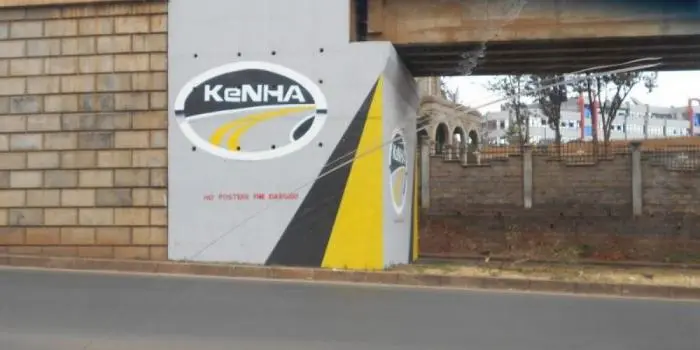The Kenya National Highways Authority (KeNHA) recently revealed why it initially declined proposals from two Chinese companies for the Nairobi-Nakuru highway expansion project.
The process began when the Public Private Partnership (PPP) Committee received separate proposals from China Road and Bridge Corporation (CRBC) and Sinohydro/SDRBI. CRBC emerged as the first-ranked bidder, while SDRBI was the second-ranked proponent. The Committee authorized KeNHA to start negotiations with the preferred bidder on the full-corridor project.
However, CRBC later indicated it could not commit more than Ksh129 billion due to Chinese government regulations on state-owned companies. Approvals above this limit would require an internal review of approximately one year, causing significant project delays. Adjusting the project to meet this ceiling would have required major changes, which the PPP Act does not permit during negotiations. Consequently, talks with CRBC were terminated.
KeNHA then approached the second-ranked bidder, SDRBI, but the company also stated it could not take on the full corridor for similar investment reasons. With neither firm able to deliver the full project as originally planned, the PPP Committee, with guidance from the National Treasury, explored an alternative “split-scope” option.
The split-scope approach divides the highway into two sections. Following evaluations and recommendations from the Committee, approval was granted. Under this arrangement, CRBC will construct approximately 81 kilometres of the highway, while SDRBI will handle 94 kilometres.
The Rironi-Mau Summit highway expansion is slated to begin in late November 2025. Once complete, the project is expected to significantly ease congestion along this busy corridor, improving travel times and boosting economic activity in the region.
This split-scope solution ensures that construction progresses without further delays while accommodating the financial limitations of the Chinese state-owned companies.

